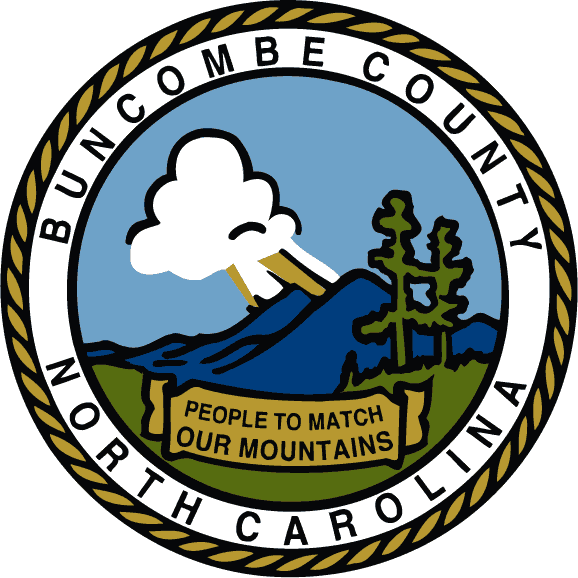The Buncombe County Land Development and Subdivision Ordinance runs for thousands of words over 53 pages, a veritable tome of regulations on how property can be split into pieces. After taking a deeper dive into those details, however, county planners say they’ve found unintended paths for developers to avoid oversight — and they want to bring those loopholes to an end. The Board of Commissioners will consider whether to approve the new rules during its regular meeting at 5 p.m. on Tuesday, Oct. 15, in room 326 at 200 College St.
Under discussion are special and family subdivisions, two legal frameworks that receive less intense scrutiny than minor or major subdivisions. Special subdivisions are intended to consist of three or fewer lots, while family subdivisions are supposed to consist of five or fewer lots transferred from a property owner to his or her relatives.
At an Oct. 1 pre-meeting of the board, county planner Gillian Phillips noted that developers have been abusing both of those designations. Regarding the first, “What we were having developers do is create a special subdivision, creating three separate LLCs or transferring it into three separate people’s names, and then additionally doing three additional special subdivisions,” she said. “So you had a nine-lot subdivision that was never reviewed for road infrastructure or through the stormwater and erosion process.”
The family subdivision rule has also been exploited in conjunction with the special subdivision process, Phillips said, to create eight-lot subdivisions with three properties for sale. “Developers were using it as a way around the requirements of the subdivision ordinance as far as infrastructure and hillside development,” she explained.
Phillips said the proposed changes to the subdivision ordinance would bring the language in line with the county’s original goals. Further analysis and a presentation on the rules are available online.
In other business
Beyond that strategic development decision, the board will consider one tactical matter: the approval of denser residential zoning for a 4.9-acre parcel in Candler. The current plan is the third version of a proposal that was first withdrawn and then twice failed to receive approval from the county’s planning board.
Although the property contains steep slopes at high elevations and is not within the county-defined “reasonable proximity” of either sewer infrastructure or a major road, Buncombe planning staff recommend approval of the rezoning. In a staff report, Development Services Manager Joshua Freeman wrote that the applicant, Freedom In Christ Inc., “has worked with planning staff to carefully consider an area that will meet their future campus needs while avoiding any areas of the property that are located within the steep slope and protected ridge overlays.”
The commission is also slated to approve a $2.44 million spending plan for capital projects at A-B Tech. The money will be derived from the county’s Article 46 sales tax, which came under scrutiny last year after the Citizen Times found its revenue had been diverted to the county general fund.
The largest item in that plan is $1.7 million to install new roofs on the Technology Commercialization Center building at the college’s Enka campus. An additional $125,000 will be allocated to a facility assessment and master plan for the Enka facility, along with $500,000 for energy conservation measures such as the replacement of lighting fixtures with LEDs.
Consent agenda
The board’s consent agenda for the meeting contains five items, which will be approved as a package unless singled out for separate discussion. Highlights include resolutions to:
- Accept $250,000 from the N.C. Education Lottery to fund additions and renovations at the Community High School in Swannanoa. The board had applied for the money on Sept. 17; no county matching funds are required for the project.
- Approve granting an easement to Duke Energy Progress for utility lines to power new lighting at the Asheville Middle School ball fields. Although the school itself is part of the Asheville City Schools system, Buncombe County owns the property “for financing purposes,” according to a staff report available before the meeting.
The commission will hold a pre-meeting at 3 p.m. in the same location. The full meeting agenda and supporting documents can be found at this link.




Why are taxpayer dollars being spent on AB Tech’s Enka campus when it has been up for sale? Why when part of the land is supposedly contaminated? Why spend on an older, ill fitting, poorly utilized building? Why not sell the Enka property and have the county do a needs assessment and build a new modest building on the main campus to save money? College degree programs out there never had much enrollment and the high rise sits empty year after year.